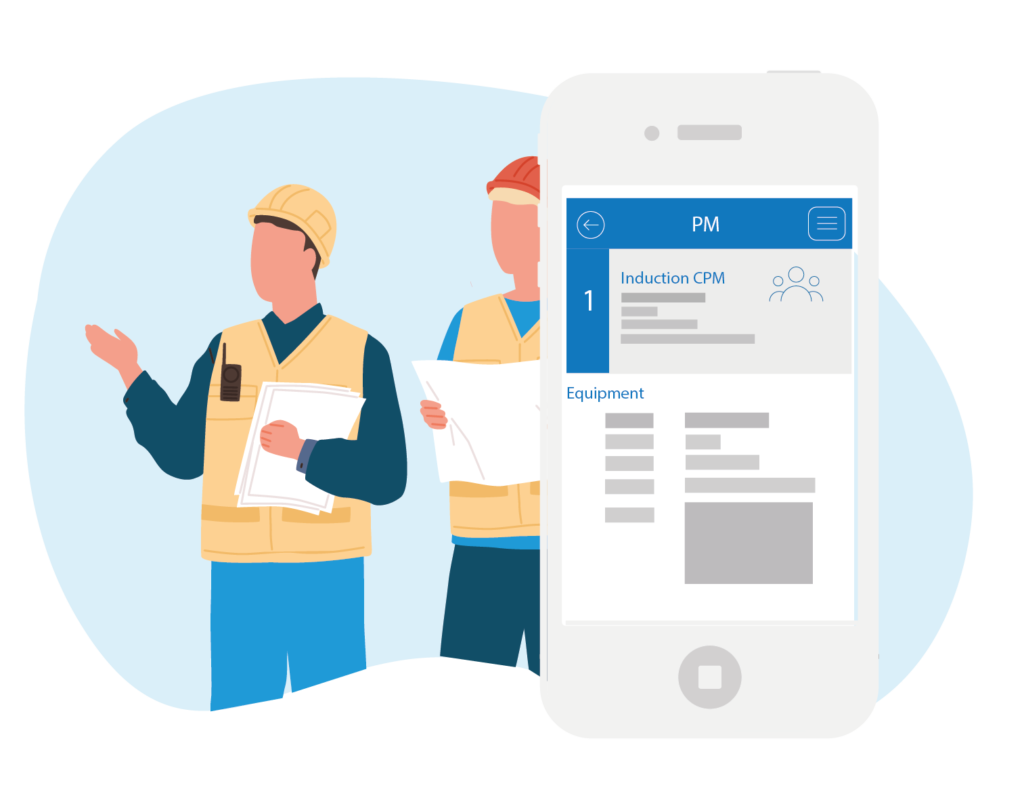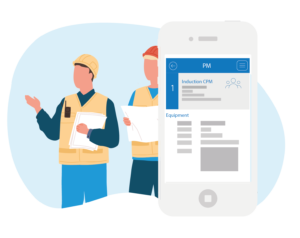Generative artificial intelligence (AI) in facilities management (FM)
In an era where technology continuously reshapes the way we conduct business, the emergence of generative artificial intelligence (AI) stands out as a transformative force, particularly in facilities management (FM). Unlike traditional AI, which often focuses on automating existing processes, generative AI goes a step further by creating new insights and information from the vast data it analyses. This capability can revolutionize the decision-making processes within FM, providing property managers with unprecedented tools to enhance efficiency, optimize resources and improve tenant experiences via AI powered facilities management software.
As property managers face increasing demands for smarter, more sustainable practices, understanding how generative AI can be leveraged becomes essential. In this blog post, we will explore the implications of generative AI for the FM sector, exploring its potential to streamline operations, predict maintenance needs and drive strategic decision-making.
By embracing this innovative technology, facilities managers can not only keep pace with industry advancements but also position themselves as leaders in a rapidly evolving landscape.
What is generative AI
Generative AI is a cutting-edge branch of artificial intelligence that employs advanced algorithms and models to learn from existing datasets. This technology enables the creation of new content, insights and data, or the formulation of decisions based on specific input information. By harnessing the patterns and structures inherent in the data, generative AI can produce outputs that are often indistinguishable from those created by humans.
Several prominent models exemplify the capabilities of generative AI, including Generative Adversarial Networks (GANs), Variationally Autoencoders (VAEs) and transformer-based models like GPT (Generative Pre-trained Transformer). These models are adept at generating human-like text, realistic images, audio and even predictive models, showcasing the versatility of generative AI across various domains.
What sets generative AI apart from traditional AI is its ability to create original content rather than merely analyzing data to make predictions or automate tasks. While conventional AI may focus on recognizing patterns or categorizing information, generative AI uses sophisticated techniques to generate new ideas and solutions.
Generative AI is proving to be a game-changer, revolutionizing numerous core functions in facilities management to enhance efficiency and resource utilization while simultaneously improving the workplace environment. Its impact is particularly significant in areas such as predictive maintenance, where it helps minimize equipment downtime by anticipating failures before they occur. Additionally, generative AI aids in space optimization, ensuring that facilities are used effectively to boost productivity and occupant satisfaction. It also plays a crucial role in energy management, enabling organizations to optimize energy usage, reduce costs and lower their carbon footprints. Finally, in asset management, generative AI provides insights that enhance the management of physical assets, ensuring they are maintained and utilized to their fullest potential.
As the integration of generative AI continues to evolve, the potential benefits in adopting AI driven facilities management software are vast, promising a more efficient, sustainable and effective approach to managing properties.
Generative vs traditional AI
Understanding the distinctions between generative and traditional AI is crucial for facilities managers seeking to leverage these technologies effectively.
Generative AI excels in creating new and innovative content while enhancing datasets, making it particularly valuable for creative applications and data augmentation. This capability allows organizations to generate fresh ideas, design solutions and enhance their existing data with new insights. In contrast, traditional AI primarily focuses on analyzing data, making predictions and automating specific tasks. It serves as a powerful tool for business analytics, improving operational efficiency and supporting decision-making processes.
By integrating both generative and traditional AI, organizations can significantly enhance their capabilities in both data generation and analysis. This synergy can lead to more innovative solutions and streamlined operations, allowing facilities managers to proactively address challenges and optimize their strategies.
Making FM’s more proactive
Generative AI offers numerous advantages that empower facilities managers to adopt a more proactive approach, particularly in areas like predictive maintenance and space optimization.
For instance, in predictive maintenance, generative AI models can analyze sensor data from critical systems—such as HVAC units and lifts—to detect anomalies and predict potential failures before they occur. By anticipating equipment malfunctions, facilities managers can optimize maintenance schedules, automatically assigning engineers to inspect and service equipment before breakdowns happen. This proactive strategy not only reduces downtime but also saves costs and extends the lifespan of vital assets.
In terms of space optimization, generative AI can analyze usage patterns to suggest optimal layouts and configurations for offices, meeting rooms and common areas. For example, it can recommend versatile workspaces that maximize efficiency, such as rearranging furniture or repurposing underutilized spaces. Additionally, generative AI can predict future space utilization trends, enabling facility managers to plan for shifts in workspace requirements and prevent issues like overcrowding or underutilization.
High-performing workplaces
Generative AI can significantly contribute to creating high-performing workplaces by equipping facilities managers with actionable insights, analysis and predictions. These capabilities enable informed, strategic decision-making that enhances operational efficiency and employee well-being.
One critical aspect is environmental quality. Generative AI can monitor and control HVAC systems to maintain optimal air quality, adjusting settings based on occupancy levels and external environmental conditions. Additionally, AI-driven lighting systems can dynamically adjust brightness and color temperature in real time, improving comfort and productivity for occupants.
When it comes to employee well-being, generative AI can tailor workspace environments to individual preferences and work styles. For example, it can adjust lighting and temperature settings around a workspace based on user profiles, enhancing comfort and satisfaction among employees.
Asset management
Generative AI also plays a transformative role in asset management by improving tracking, predictive analytics and lifecycle management. Through the use of IoT sensors, generative AI provides real-time tracking of assets, ensuring they are consistently accounted for and maintained in optimal condition.
Additionally, generative AI analyses historical usage and maintenance data to predict asset degradation, facilitating the optimization of replacement schedules. By forecasting when assets will reach the end of their useful life, facilities managers can engage in proactive replacement planning and budgeting, ultimately enhancing resource allocation for maintenance and reducing costs.
Energy management
Finally, generative AI can drive significant improvements in energy management by optimizing energy usage, minimizing waste and enhancing sustainability efforts. This technology promotes a smarter, more sustainable approach to energy consumption, aligning with global sustainability goals.
Building management systems (BMS) that utilize generative AI can analyze historical occupancy rates, consumption patterns and weather conditions to predict and dynamically adjust energy consumption—particularly for HVAC and lighting systems. This predictive capability not only minimizes waste and costs but also empowers facilities management teams to optimize energy usage, contributing to the facility’s overall sustainability objectives.
FAQs
Facilities Management Software
Leading solutions for property occupiers, owners and service providers & contractors.

Contact MRI Software
To find out more about how MRI Software utilizes AI technology to drive automation, efficient workflows and confident decision-making, request a demo or call us today at 1-800-321-8770.
Automated Upgrade Program for Workspeed
As part of MRI’s commitment to providing the best proptech solutions for your business, we are announcing that all Workspeed clients will automatically be upgraded to MRI Angus effective July 2025. We’re excited to guide your transition to MRI Angus,…

